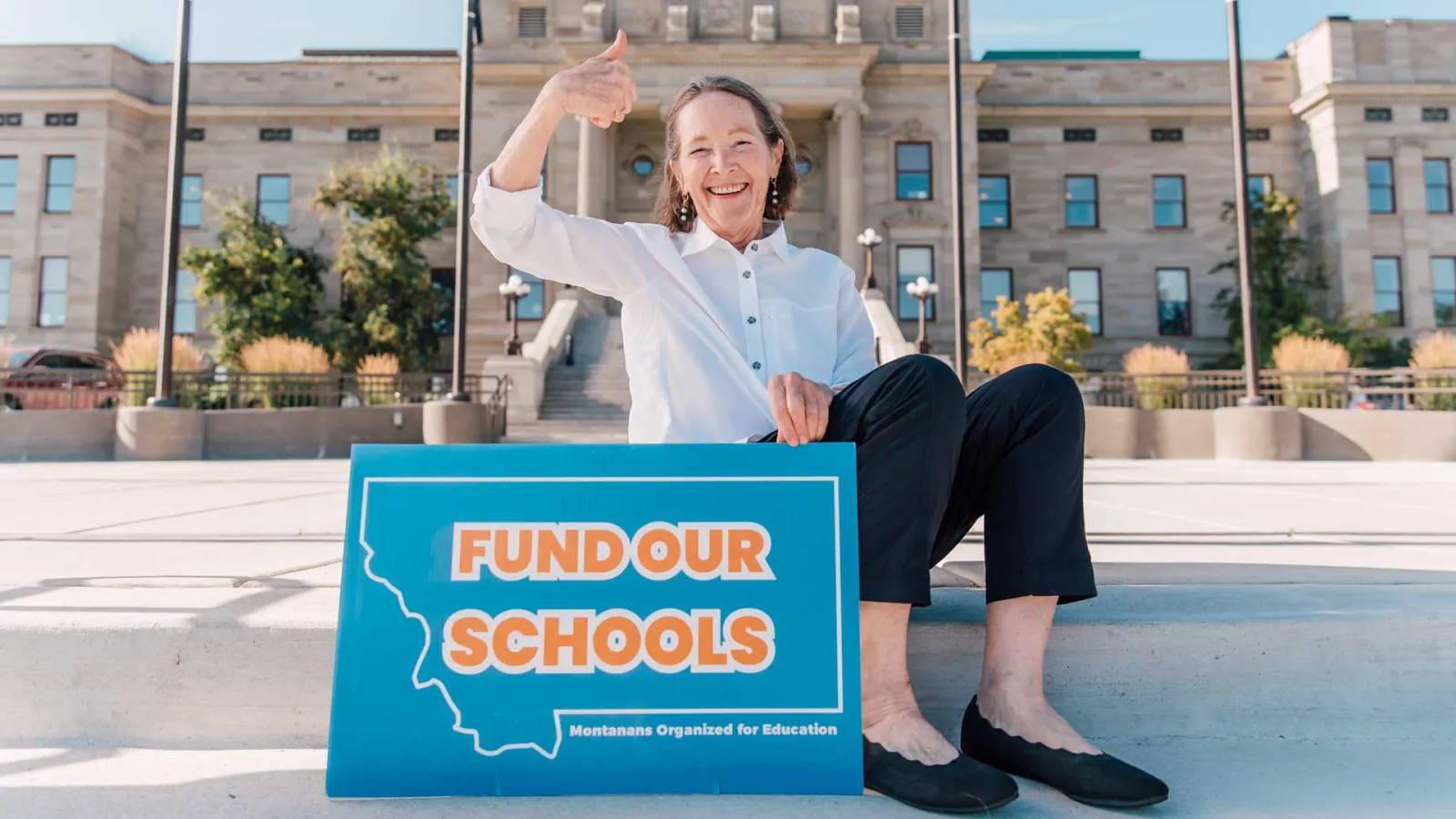Key Takeaways
- A Montana member fights back against vouchers and advocates for funding for rural schools.
- Retirees in Wisconsin help stop gerrymandering in their state.
- NEA-Retired members across the country are pushing back against racism, immigration raids, and more.
Our nation’s public schools, students, and educators are facing historic threats to funding, academic freedom, and equity. Many retired educators are pushing back—organizing, protesting, and advocating, to protect our schools. Here, you’ll meet some of NEA-Retired’s inspiring change-makers.
Shaking things up in Montana
Moffie Funk
Families invited her in on frigid Montana mornings when she was knocking on doors and first running for the State House. Then there were the people who offered her a cool drink on the porch on hot afternoons. They all made Moffie Funk feel good about running for office, especially as they chatted about important issues. These connections led the former middle school social studies teacher to three successful bids for the state office. While she left elected office in 2023 due to term limits, she is still out there shaking hands with voters.
“I still knock on a lot of doors. That’s what I do to stay sane,” she says.
Funk’s passion for activism started way back in her college days. Later, when she became an educator, union leadership was a natural fit for her.
“One of the first things I did as a teacher was join the union,” she says. “I believe with all my heart that the only way forward, on a number of levels, is to increase the power of unions.”
Education has been under attack in Montana on many fronts, Funk says, but she’s particularly concerned about privatization of education and a critical public school funding formula that is undergoing a mandatory 10-year review in the state legislature.
“We’re sort of consumed by school funding here,” she says about Montanans
Organized for Education (MOFE), a group she founded, and for which she is now the executive director.
Through MOFE’s network of some 12,000 active members—and with a newly formed political action committee—the organization is lobbying for changes to unfair, population-based and “strings-attached” funding for small, rural school districts. Infrastructure is crumbling in many of these schools, and they need more support for special education, Funk explains.
“Our group was also formed to push back against efforts to funnel scarce public resources to unaccountable, for-profit institutions,” she notes, pointing to the efforts of some conservative political organizations to siphon public school funding into charter schools and vouchers.
Funk also works to gain local support for pro-public education legislators. One of her top goals is to get young people more active in education issues.
“I sleep at night because of the young people,” she says. “A few years ago, it was just us gray hairs at rallies and meetings. … Now we see more young people concerned about their education and building a clean and healthy environment. That inspires me.”
Quote byMoffie Funk, Retired educator and former state legislator, in Montana
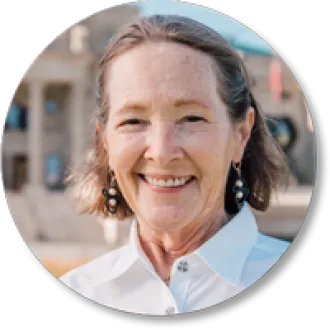
A Dynamic Duo in Wisconsin
Patricia Schmidt and Bonnie Augusta
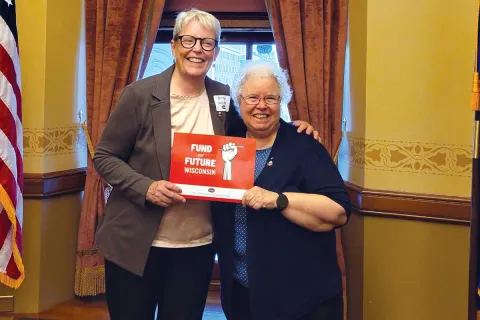
Patricia Schmidt and Bonnie Augusta sat next to each other about two years ago at an NEA-Retired Annual Meeting, and something clicked.
“Bonnie and I hit it off right away,” Schmidt says. “She comes from Madison, and I come from Wautoma. It’s definitely a city-mouse, country-mouse relationship, but we really get along.”
The pair teams up to train others to be more effective advocates for public education, and to meet with legislators and community members. “We have learned a lot from each other,” Schmidt shares.
Last year, they worked with other members of the Wisconsin Education Association Council–Retired (WEAC-Retired) to re-elect U.S. Sen. Tammy Baldwin.
The two were also part of a successful push by educators to pass a referendum to end gerrymandering in Wisconsin, which Newsweek had ranked as the worst state for the practice.
A turning point in Schmidt’s activism came when she was still teaching, and WEAC requested that she lobby a Republican congressman.
“It made an impression on me, seeing this fundamental part of our political process work—and it paid off with his support and interest in our schools, which he visited four times,” she recalls.
This summer, Schmidt and Augusta ran an NEA Leadership Academy training for WEAC-Retired members. The goal? To inspire members to advocate for key issues like voting rights.
“First, we want them to hold a sign at a demonstration, then write letters or make calls, and then meet with legislators. It is a progression but once you do it, you are committed,” Schmidt says.
What keeps the pair going? Augusta says: “My mother always said we should leave things better than we found them. I think that’s our motivation today.”
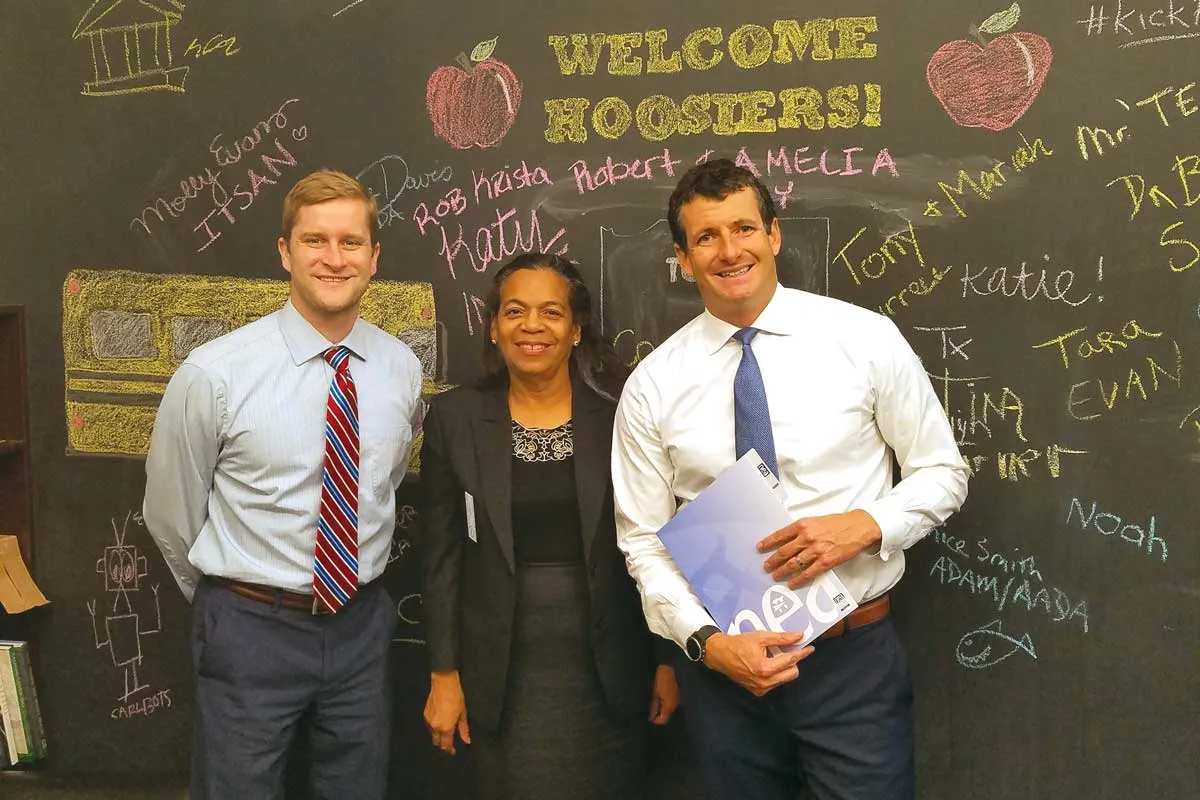
Fighting for equality in Indiana
Hilda Kendrick-Appiah
She refused to call President Donald Trump’s budget bill by the name he’d given it.
“I’m furious about this big ugly bill,” said Hilda Kendrick-Appiah, after Congress passed Trump’s so-called “Big Beautiful Bill.”
She adds, “I was constantly contacting legislators to urge them to vote against it. Now I’m going to start to work to elect new ones.”
Kendrick-Appiah retired in 2021 from the Greater Clark School District, in Jeffersonville, Ind., but public education is still a top priority
for her.
In the 2022 elections, she campaigned for candidates door-to-door and helped arrange transportation to the polls for 15 hours straight. She now intends to turn that energy to the 2026 elections and to advocating directly for education issues.
“I think I learned about activism when I was still in the womb,” she jokes, noting that she comes from a union family.
But her urge to fight racial insensitivity was cemented when, as a first-year teacher and the lone Person of Color in her school, she heard a student make a racist remark.
“I realized then I wanted to get others to see that, in the words of President Obama: ‘We are one American family, all deserving of equal treatment,’” she says. “I believe in that.”
“Sometimes all we make are small gains,” she notes. “But I know activism brings about important, positive social change over time.”
Quote byHIlda Kendrick-Appiah, Retired educator and activist in Indiana
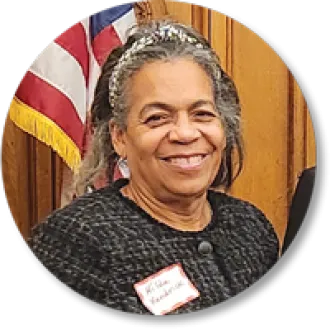
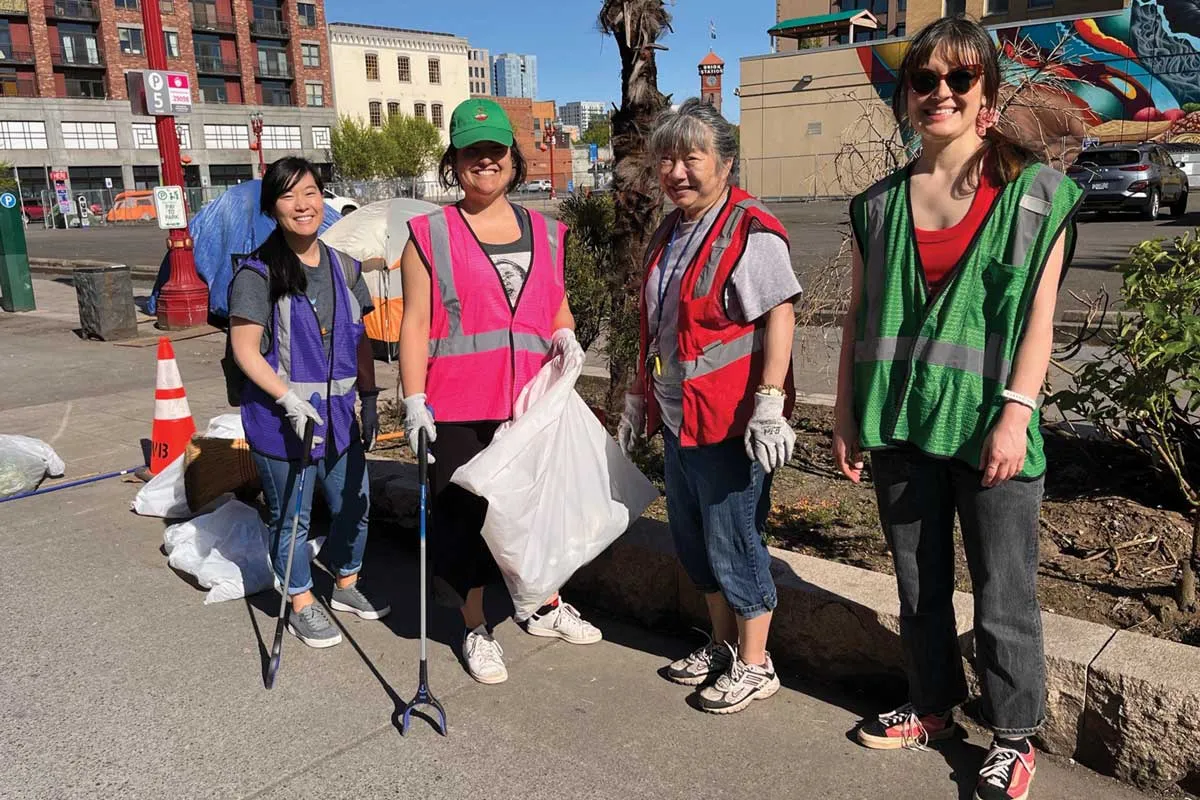
Teaching lessons from history in Oregon
Marleen Wallingford
“History keeps repeating itself. The targeted groups are different, but the marginalization and injustices are familiar,” says retired school speech and language pathologist Marleen Wallingford. “There is still the ‘othering’ of people that aren’t like the majority.”
Wallingford works to educate the public about the inhumane incarceration of Japanese Americans in the 1940s—which included members of her family. They put people in detention camps who really weren’t a threat,
Wallingford says. “Three-quarters of them were citizens,” she adds.
Wallingford is a docent at the Japanese American Museum of Oregon, in Portland; and is active with organizations that raise awareness about the treatment of Japanese Americans at that time.
Wallingford noted that the detainment of Japanese citizens was prompted by former President Franklin D. Roosevelt’s implementation of the Alien Enemies Act of 1798, which President Trump is now using as he detains and deports immigrants.
“There is much that is the same about the treatment these people are receiving,” she says, noting that she has participated in several protests about the current treatment of the immigrant population.
When her family was detained, an overzealous military leader rounded up some 125,000 Japanese Americans and held them in miserable conditions in livestock centers and at racetracks. Most were moved to camps in the Midwest, away from their homes. They lost everything.
“Many of those sites … now try to tell the story of those camps, but with these current initiatives to eliminate diversity, equity and inclusion, the message may change. Now the current story of what’s happening to immigrants is also being covered up,” she says.
“I want the story of Japanese Americans in this country to be better known, but it is also important to me to try to assist those who today also are victims of such poor treatment.”
Quote byMarleen Wallingford, Retired educator and activist, in Oregon
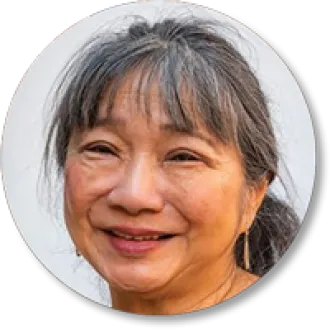
Showing Up in California
Orval Garrison
“I have inhaled more than my share of tear gas,” says retiree Orval Garrison of his days protesting the Vietnam War. “I knew [the war] was unjust and got involved in protests. … There are issues that are just as important today.”
Over the past six decades, advocacy has continued to be a primary focus for Garrison, who taught in Southern California and is a former president of the California Teachers Association (CTA)-Retired. He still attends school board meetings and expresses his views about education policies in Fortuna—the rural region in northwestern California where he now lives.
“Hopelessness is not new in our nation. There was a sense of hopelessness … during the two world wars, and throughout the Great Depression,” Garrison re-flects. “We felt it during the 60s. And now there is a sense of hopelessness and creeping movement toward autocracy.”
But he still believes the pendulum can swing back. He sees an invigorated citizenry in his region, where more than 3,000 people showed up for the “No Kings” march in June—that’s in an area where only a few hundred people turn out for most protests.
“People are saying ‘enough already.’ I think the 2026 election will be significant.”
Garrison tirelessly makes calls, knocks on doors, marches in protests, and campaigns for local and state politicians. He advocates for issues ranging from state education funding and retired teacher benefits to pushing back against the Trump administration.
He’s also active in Indivisible, a national group that focuses on grassroots efforts and works with Latino communities in his region. Through the group he has handed out “red cards”—which outline immigrants’ rights—for people to hand to immigration agents, if needed.
He still remembers how, in 1988, CTA succeeded in passing a referendum requiring 40 percent of state funds to be spent on schools. “Accomplishments like that don’t happen because the good fairy sprinkles fairy dust on politicians. They happen through hard, dedicated work from a lot of people. When we show up, we can make a difference.”
Find out how you can raise your voice and help protect public schools.

